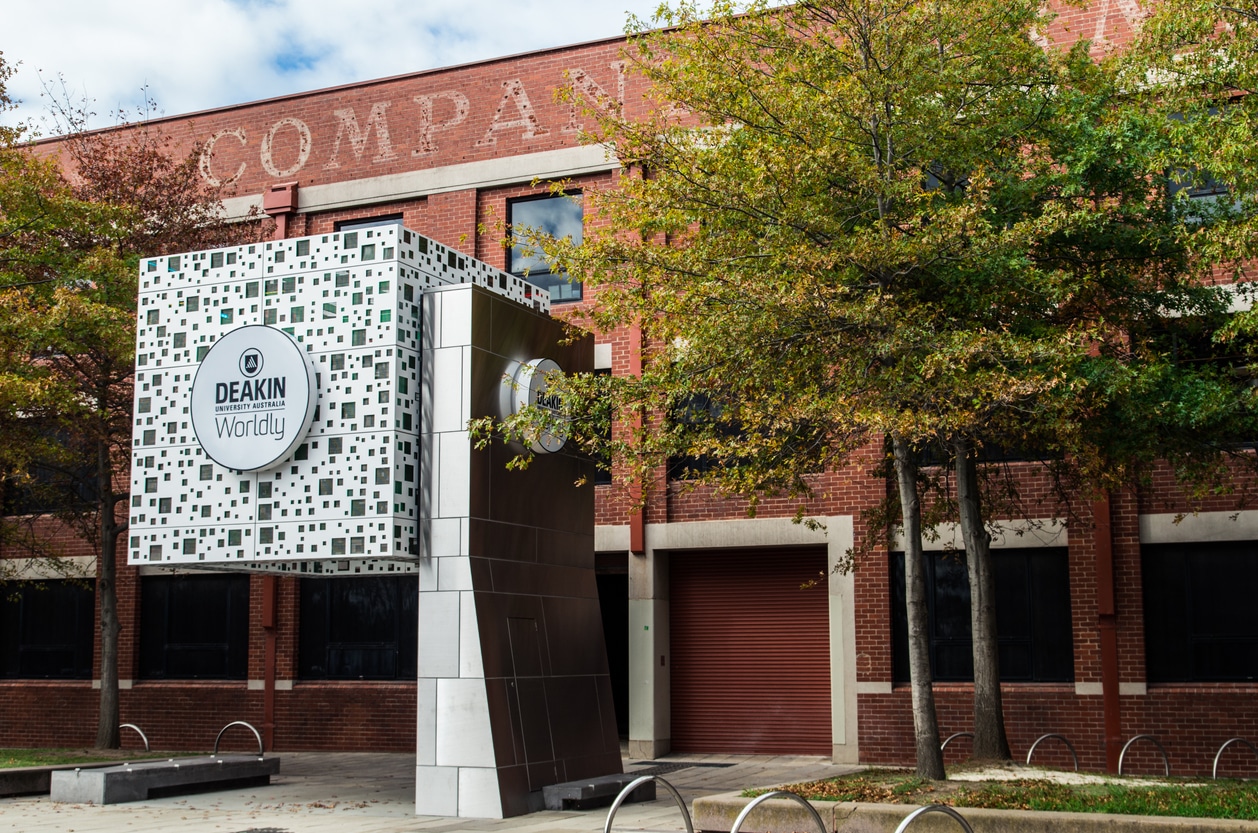Studying in Australia can be an expensive endeavor, and for many international students, working part-time can help offset some of the costs. If you’re considering working while studying in Australia, there are a few things you need to know. In this blog, we’ll explore the basics of working while studying in Australia, including the types of jobs available, work restrictions, and other important considerations.
Types of jobs available
As an international student in Australia, you can work in most jobs that are available to Australian citizens and residents. Some popular part-time jobs for students include:
- Retail and hospitality jobs
- Administration and customer service roles
- Tutoring or teaching
- Delivery driving
- Manual labor jobs, such as construction or landscaping
Work restrictions
As an international student, you are allowed to work up to 40 hours per fortnight (two-week period) during the semester and full-time during scheduled breaks. Keep in mind that your primary purpose for being in Australia should be to study, so it is important to balance your work commitments with your academic responsibilities.
Tax and superannuation
If you work in Australia, you will need to pay taxes on your income. Your employer will deduct taxes from your paycheck, and you will need to file a tax return at the end of the financial year (June 30). You may also be eligible for superannuation (retirement savings), which your employer will contribute to on your behalf.
Visa requirements
If you have a student visa, you are automatically granted permission to work up to 40 hours per fortnight during the semester. If you want to work more than 40 hours per fortnight, you will need to apply for permission from the Department of Home Affairs.
Minimum wage
The minimum wage in Australia is currently $20.33 per hour (as of March 2023). However, many part-time jobs may pay slightly less than this rate.
Job search resources
There are several resources available to help you find part-time work in Australia, including online job boards such as Seek and Indeed, as well as university job boards and career centers.
Networking
Networking can be a powerful tool when it comes to finding part-time work in Australia. Attend career fairs and networking events, and make an effort to connect with professionals in your field of study.
Language proficiency
Having a strong command of the English language is essential when it comes to finding part-time work in Australia. Many employers will require you to speak and write in English at a professional level.
Time management
Balancing work and study can be challenging, so it is important to develop good time management skills. Make a schedule that allows you to dedicate enough time to both your job and your studies, and prioritize your academic responsibilities.
Employer expectations
As an international student, it is important to be aware of the expectations of your employer. Make sure you understand your job responsibilities and adhere to workplace policies and procedures.
Health and Safety
Workplace health and safety is an important consideration when working in Australia. Employers are required to provide a safe working environment, and it is important to report any safety concerns to your supervisor.
Cultural differences
Australia has its own unique workplace culture, which may be different from what you are used to in your home country. Take the time to learn about Australian workplace customs and etiquette.
Student visa renewal
If you plan to work while studying in Australia, it is important to ensure that your student visa remains valid. Keep track of your visa expiration date and make sure to renew it in a timely manner.
Work-life balance
Working while studying can be stressful, so it is important to prioritize self-care and maintain a healthy work-life balance. Make sure to take breaks, engage in leisure activities, and spend time with friends and family.
Build transferable skills
Working part-time while studying can be a valuable opportunity to build transferable skills that will be useful in your future career. Take the time to reflect on the skills you are gaining from your job and how they can be applied to your future goals.
In conclusion, working while studying in Australia can be a great way to offset some of the costs of living and gain valuable work experience. However, it is important to balance your work commitments with your academic responsibilities and prioritize your health and wellbeing. Take advantage of the resources available to you, network with professionals in your field, and use your part-time job as an opportunity to build transferable skills that will be useful in your future career.









